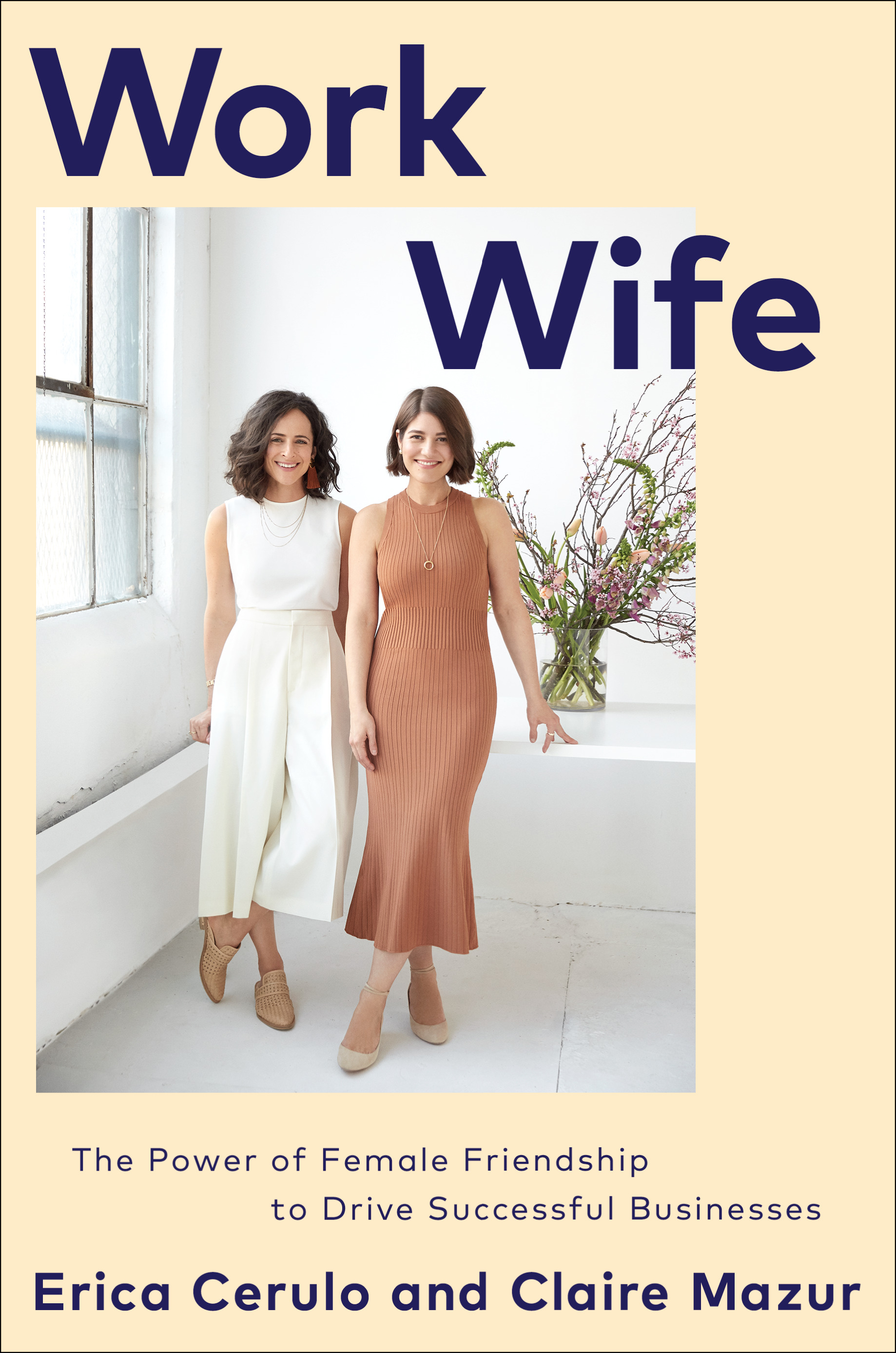According to one theory, this cling-to-each-other reaction to tough times is more than just a tic—it’s a response that’s downright ingrained in women. In the late nineties, Shelley E. Taylor, a psychology professor at UCLA, took a closer look at the widely accepted and understood primal instinct of fight-or-flight when a postdoc student of hers noticed that animal stress studies were conducted using only male rats. Delving into similar published studies on humans, Taylor et al. found that before 1995, women made up only 17 percent of the subjects.
In a groundbreaking paper published in the Psychology Review in 2000, Taylor and her colleagues offered a new theory: “We propose that human female responses to stress (as well as those of some animal species) are not well characterized by fight-or-flight, as research has implicitly assumed, but rather are more typically characterized by a pattern we term ‘tend-and-befriend.’ Specifically, we suggest that, by virtue of differential parental investment, female stress responses have selectively evolved to maximize the survival of self and offspring. We suggest that females respond to stress by nurturing offspring, exhibiting behaviors that protect them from harm and reduce neuroendocrine responses that may compromise offspring health (the tending pattern), and by befriending, namely, affiliating with social groups to reduce risk.” Basically: Women, unlike men, don’t respond to stress by getting combative or bolting—instead, we nurture, protect, and bond, all in the name of survival. That said: Taylor’s theory is predicated on an essentialist narrative steeped in a biological definition of womanhood that starts to fall apart when viewed through a more contemporary understanding of gender, a social construct. But like it or not (and we don’t), it’s also hard to ignore that even the most modern notions of socially conditioned femininity are strongly tied to the role of motherhood that this theory places front and center.
In a business setting, where dilemmas present themselves on a daily basis, the tendency toward tend-and-befriend is a tremendous boon. It means a willingness not only to hunker down and address issues head-on but also to care for and soothe one another as part of the process. It provides a framework for solving problems, safeguarding relationships, and prioritizing self-care. Pamela Koffler and Christine Vachon of Killer Films put this notion to the test in a big way when, in 2008, their stress responses were turned up to eleven: In extremely short succession, Pam had a baby, Christine was diagnosed with breast cancer, Pam’s mom died, and then boom: the financial crisis. The economic downturn wasn’t great for any industry, but film was especially hard-hit, and the confluence of all of this shittiness forced them to question just how much, exactly, they were willing to do for each other and for their business. Things got very dark very fast, and part of Killer’s survival was rooted in who Christine and Pam were and are: the sort of women willing to stick it out through the bad times and ones who, as Pam puts it, recognize that “this partnership is offering us both more of what we do want and need out of life and work than not.”
Beyond the grit and tenacity that anchored their relationship lay some textbook tend-and-befriend behavior. When circumstances pulled them each into their own separate black holes, away from each other and away from the company they’d built, survival instincts kicked in. “I do remember one really crystal-clear moment that may be the culmination of this tough time: Christine was in Sweden, and she got her diagnosis during that big trip,” Pam says. “I had an infant, it was less than a year after my mom died, and our bank account got frozen. I realized, okay, I have to deal with this. Christine can’t. This is serious. She is about to go into chemo and radiation, and there are no choices anymore. This person needs my support. The company needs a practical problem solved. Get the f*ck over yourself and show up. I really remember that feeling, and it was almost a relief.”Eventually, the Killer team found financial stability by landing a major deal with HBO to produce a miniseries called Mildred Pierce. But Christine’s radiation treatments prevented her from taking the lead in the ways she otherwise would have on this particular project. A major health crisis timed with a business-reviving opportunity left no room for hand-wringing when it came to Pam’s role: “It was just so clear: ‘Christine cannot do this, and this is big. I can, so I will.’ ” It was suddenly very obvious how to show up and be the partner she needed to be—a lesson they both say has helped them understand how to better serve each other even when shit isn’t hitting the fan. As Pam explains it, “In some ways, those very concrete parameters that are unambiguous really helped. Then you do it when it becomes more optional and discretionary. I guess we got lucky that there were those storms of circumstances that didn’t completely undermine everything but gave us the path forward.” Christine adds: “We also started to figure out strategies. I think what we both, to some degree, learned from this was you do have to give yourself a break.”

Excerpt from WORK WIFE by Erica Cerulo and Claire Mazur, copyright © 2019 by Erica Cerulo and Claire Mazur. Used by permission of Ballantine Books, an imprint of Random House Publishing Group, a division of Penguin Random House LLC. All rights reserved. No part of this excerpt may be reproduced or reprinted without permission in writing from the publisher.
Follow us here and subscribe here for all the latest news on how you can keep Thriving.
Stay up to date or catch-up on all our podcasts with Arianna Huffington here.


